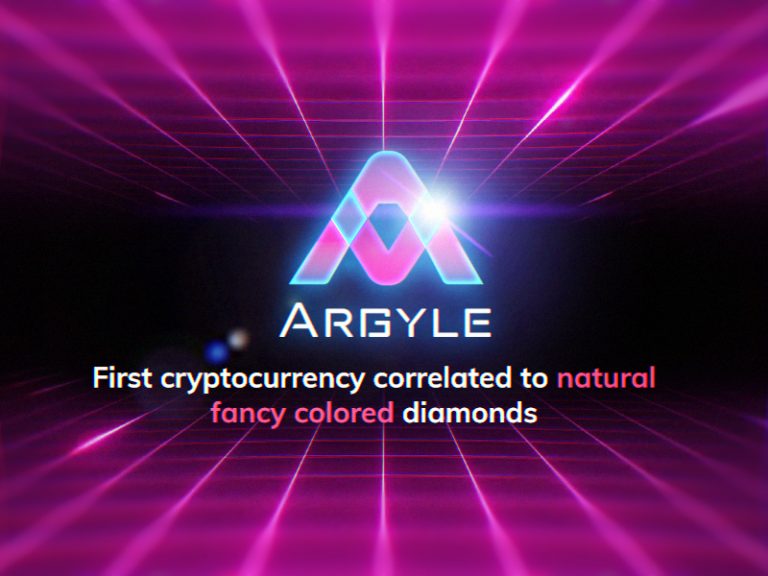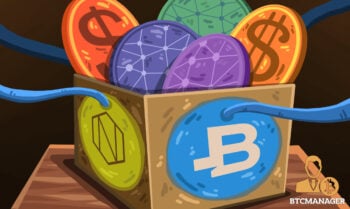
2018-8-26 04:00 |
Bitcoinist shares a few lifehacks that could help investors not to repeat the lessons ICO and blockchain investors learned over the past year.
[Note: This is a guest article submitted by Alexander Borodich]
Many people have begun to forget that, in the last few years, crowdfunding has been a well-loved tool for attracting investments. In that time, along with crowdfunding, blockchain has become the next big thing for investors – and has garnered the most significant funds. Crypto trading revenue may double to as much as $4 billion this year according to the research from Sanford C. Bernstein & Co.
The excitement that surrounded Bitcoin 00 in 2017 is comparable to the Gold Rush — but this time it was graphics card manufacturers who earned rather than miners.
What persuaded ‘classic investors’ to put their money into blockchain-based development so early? Despite the latest analytical review launched in 2017, taking into account the main phases of the initial coin offerings (ICOs), we can see from the pre-sale stage to crypto exchange circulation, provided by the ICS Statis Group consulting company, that more than 70% of the ICOs conducted in 2017 were identified as scams.
Current Market SituationIn 2017, hundreds of companies managed to attract more than $4 bln to finance their projects. That is 30 times more compared to the previous year. Obviously, investors are interested in such a rapid growth of this promising market sector in 2018.
Many conservative investors believe that cryptocurrencies are a kind of bubble, and that bubble’s growth puts the consistency of the entire world financial system at risk. However, one can’t deny the fact that this has already happened. Cryptocurrencies are now accepted by millions of people and countless organizations, including the world’s leading corporations.
The founder of Facebook has turned his attention to the blockсhain market, saying that there are important counter-trends to this – like encryption and cryptocurrency – that take power from centralized systems and put it back into the people’s hands. He’s interested in going deeper to study the positive and negative aspects of these technologies, as well as how best to use them in his company’s services.
Who, if not Zuckerberg, knows the full power of social networks and the trends of the future? Moreover, Pavel Durov, the founder of Telegram, is obviously going to launch his own cryptocurrency by revealing the Personal ID Verification Tool. This is a perspective shared by almost all of the crypto community.
It’s clear that both cryptocurrency and blockchain exploded in popularity, despite existing in cyberspace.
3 Lifehacks for Due DiligenceIf we focus on one key term, it must be ‘due diligence,’ and if we take only one criterion, it’s clear that blockchain had a more-than-decent Whitepaper or codebase (proof-of-concept on GitHub) in its makeup.
One can’t just write a Whitepaper and get a pile of cash — it does take effort and knowledge. Is there a solid idea behind the project? What’s the market volume? All the algorithms are put into mathematical expressions. Within the details, there’s a need to get deeper into the problem. Some general insights include:
1. Choosing the Right StageWhen breaking the entire investment round down into stages, according to Satis Group Crypto Research, we can refer to the following infographics:
Approximate ICO Discounts and Returns
2. Altcoins – for Experienced InvestorsGiven the fact that the price of all cryptocurrencies fell in August, if you are a beginner, then do not invest in altcoins that are not in the Top-20 list.
As a rule, these are day-fly coins that can grow substantially in price in a short period of time – but they can also collapse quickly, leaving the speculators without money. The low cost of cryptocurrency is not a reason for purchasing. Do not choose a cryptocurrency just based on its low cost. Surely, in a case of success, an asset that costs less than a dollar can bring higher profit than already well-known and ‘pricy’ tools, but the chance of bonanza is extremely low.
Forget about mining, too. Major and serious players have already entered the cryptocurrency market long ago and individuals engaged in mining at home cannot really keep up with them in the race of computing power. Moreover, the funds that you have to spend on ‘farms’ now can be used to create a very attractive portfolio of cryptocurrencies and make a profit immediately, forgetting about the need to pay back the hardware first.
3. Deep AnalysisA mathematical concept map helps with investment decisions and will assist in seeing-to the quality of the code. One has to remember: blockchain is mainly about cryptography. In other words, there’s fundamental knowledge behind the code.
It’s a powerful tool for investment decision-making. If a project has a decent Whitepaper, its potential viability is about 60 percent. Meanwhile, in Silicon Valley, it’s a good ratio if 1 out of 10 start-ups survives.
When investing in Blockchain-based projects, you can see mathematical proof of how the project is going to run. No matter if it’s a gaming platform like Dmarket or Telegram’s token sale, it can be an ultimate scientific method for investors’ due diligence.
What other steps would you recommend when investing in blockchain projects? Share your thoughts in the comments below!
Images courtesy ofBloomberg.com, Shutterstock.
The post To Buy or Not to Buy? 3 Lifehacks for Investing in Blockchain Projects appeared first on Bitcoinist.com.
origin »High Performance Blockchain (HPB) на Currencies.ru
|
|























